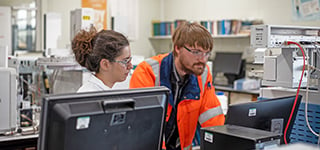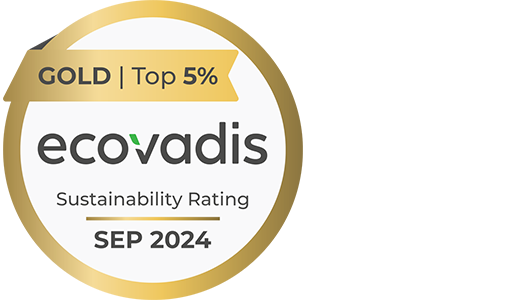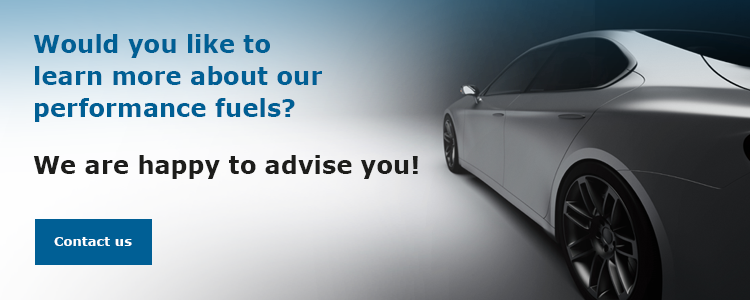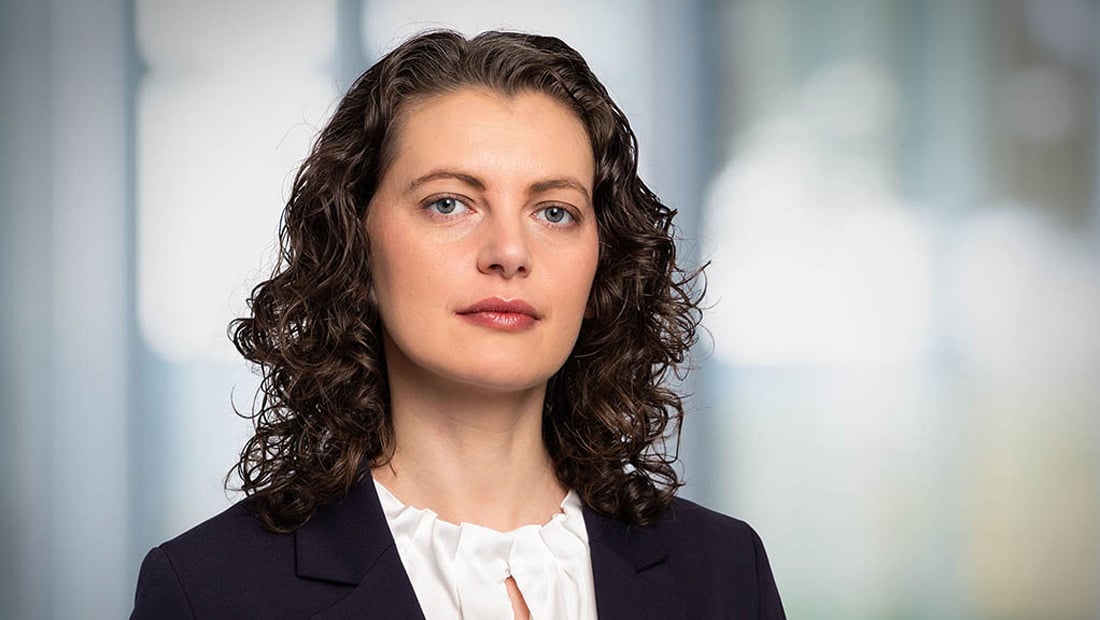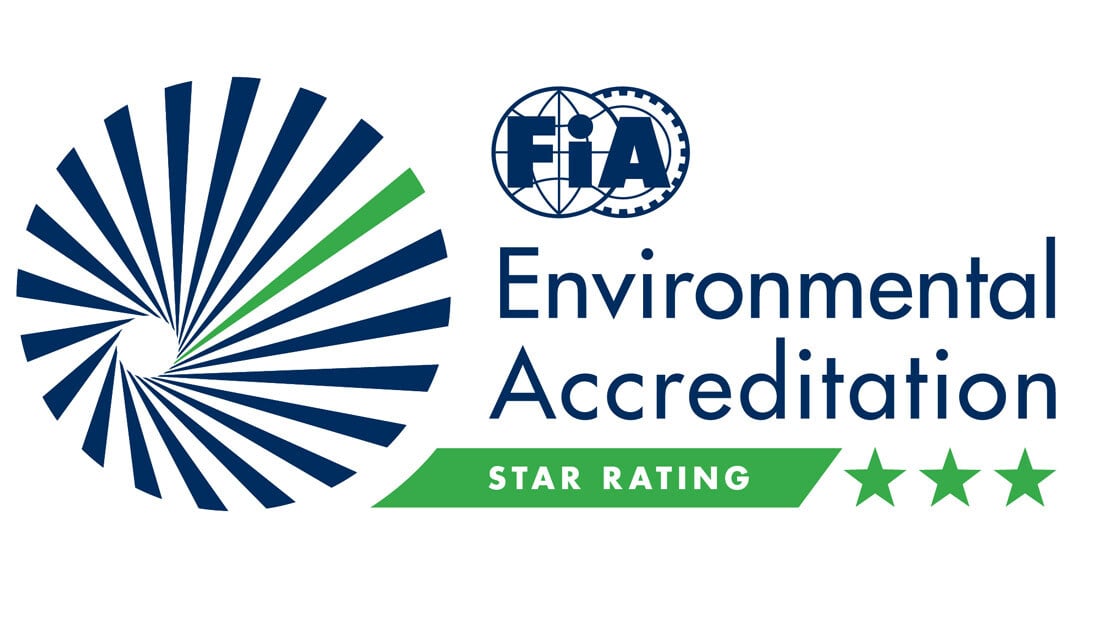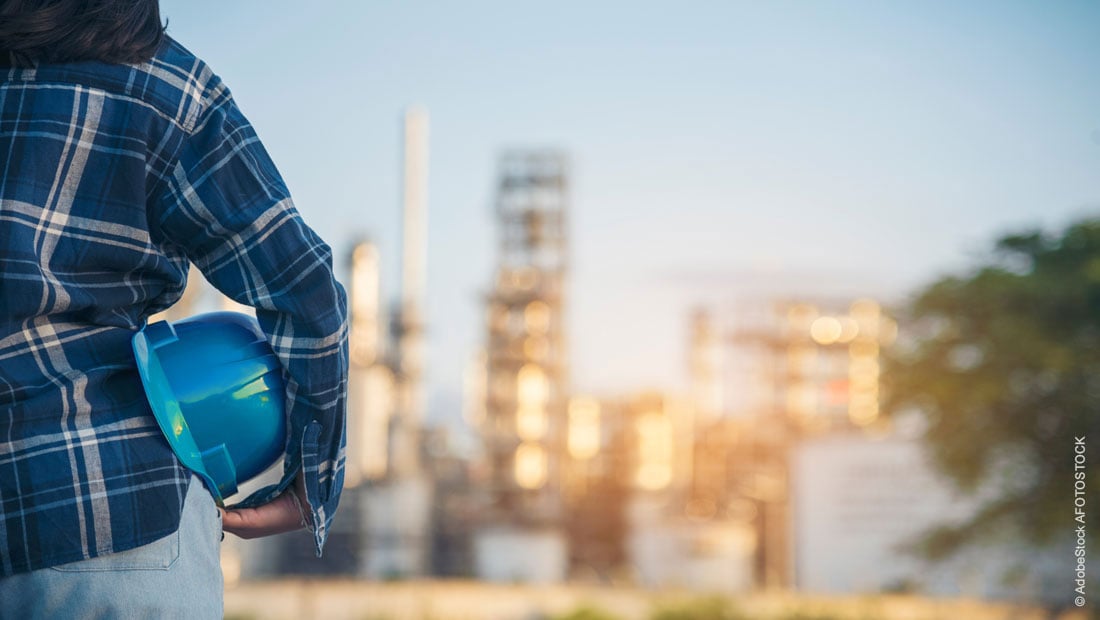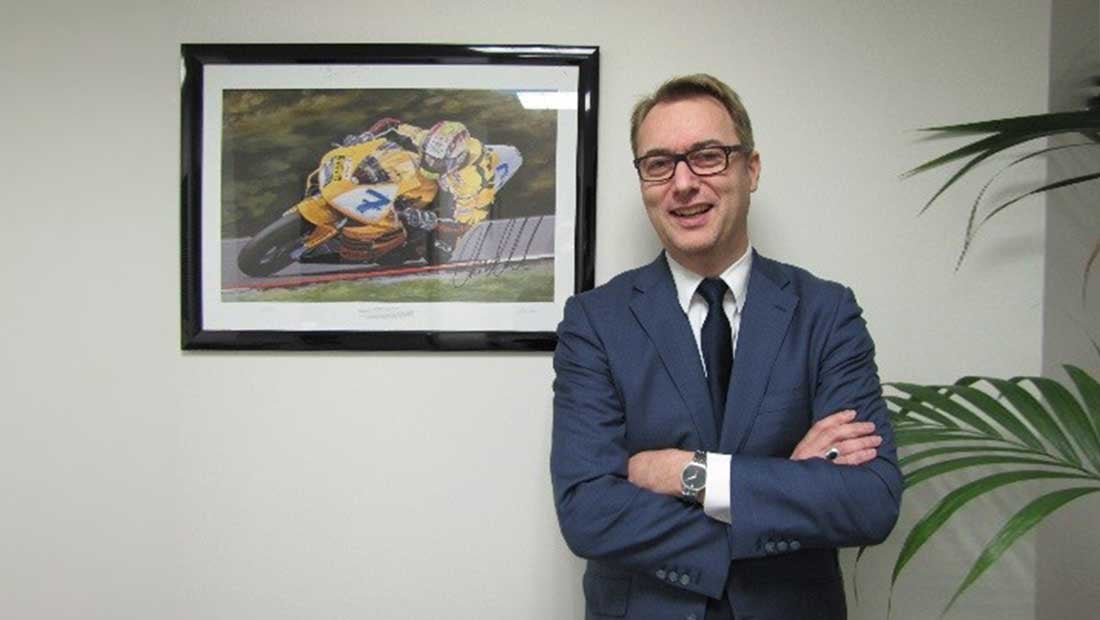
As a pioneer of high-performance fuels, Haltermann Carless considers itself as a key enabler of sustainable mobility. What opportunities does the company see for its business today? What concrete contribution can it make to reducing greenhouse gas emissions? An interview with Dr. Bruno Philippon - Senior Vice President Business Unit Mobility - responsible for the global fuel division at Haltermann Carless and ETS Racing Fuels.
Performance fuels have always been an important part of Haltermann Carless' corporate history. The portfolio includes test and reference fuels, aviation and outdoor power equipment fuels and racing fuels. For many years, the company has marketed an extensive portfolio of renewable and sustainable fuels. In the following interview, Dr. Bruno Philippon explains what contribution Haltermann Carless can make to the new mobility and how CO2 emissions can be reduced.
"We can already supply the automotive and motorsport industries with sustainable fuels that contain up to 100% renewable components."
How can Haltermann Carless contribute to a sustainable mobility?
Dr. Philippon: Today, the key challenge for our future is addressing climate change by reducing CO2 emissions. We at Haltermann Carless have long been committed to products based on renewable hydrocarbons, such as biofuels, and are fully committed to driving the advancement of sustainable mobility.
We have decades of experience in fuel development, in renewable hydrocarbons sourcing and processing and have recently gained important certifications such as ISCC PLUS and ISCC EU as well as Ecovadis Gold on our different production sites and we work closely with our partners in the automotive and motorsport sectors – thus, we are ready to support the industry on its journey to going more sustainable.
Electrification has been touted as the best sustainable alternative to fossil fuel-powered internal combustion engines. True?
Dr. Philippon: We at Haltermann Carless firmly believe that sustainable mobility and a low-carbon future can be achieved in different ways and with different technologies.
The vision to fight climate balance by relying on Battery Electric vehicles (BEV) or renewable hydrogen only is certainly not the all-embracing solution, because their readiness and significance are in different stages.
We, along with industry experts and scientists, are therefore strongly supporting and enabling a technology that is already available today and that will remain an essential part of the solution to defossilise transport in the years to come: the “electrified” advanced internal combustion engine paired with advanced fuels made from renewable raw materials and renewable energy.
The solution to a sustainable mobility will certainly include different technologies such as BEV (battery electric vehicles), PHEV (plug-in hybrid electric vehicles), “Hybrid” ICE with advanced sustainable fuels from different origins and processes and FCEV (fuel cell electric vehicles) for heavy trucks. The mobility mix will depend on the usage (ultra urban or extra urban), on technology maturity level, on implementation timeline, primary energy mix and cost for the end user and the community.
There will be different steps on the sustainable mobility journey.
You consider sustainable fuels as the quick fix on the road to sustainable mobility?
Dr. Philippon: Renewable and bio-based fuels are an attractive key enabler for sustainable mobility.
Already today, they can positively impact the emissions of current car and truck fleets. There is an existing large palette of sustainable fuel components or base stocks available that are produced from waste, or second-generation source, non-food competitive for manufacturing drop-in sustainable fuels. Some are already manufactured on large or sizeable scale, while there are a growing number of projects for new production plants set to become operational in the coming three years.
Another option that is currently being discussed a lot concerns synthetic fuels, also called E-Fuels.
This might also be of interest to you:
CO2 emissions are often only considered during vehicle use, but not in a life cycle assessment (LCA), which calculates all relevant energy expenditures over the entire life cycle of a vehicle. What is the reason for this?
Dr. Philippon: If we want to tackle climate change, emissions must be considered on a full life cycle analysis.
Within the last two years more and more studies have been published demonstrating that a 100% BEV could emit the same level or even higher CO2 than an advanced hybrid ICE vehicle fueled with advanced sustainable fuel based on an LCA calculation including metal extraction, battery construction and recycling etc.
(sources: FVV meta analysis of LCA studies June 2020, Volvo and Polestar study 2020; JEC 2020 Well to wheel report V5; AMF Annex 58 / IEA Bioenergy Task 41 Project 10 A Report from the Advanced Motor Fuels TCP and IEA Bioenergy TCP)
What are the best sustainable solutions you can provide to the industry today?
Dr. Philippon: We are ready to serve the automotive and motorsport industry with fuels including up to 100% renewable components. As a simple drop-in solution and without any engine modifications our sustainable fuels provide a true low carbon solution while offering uncompromised high performance.
As a next step, and in line with the pioneering spirit, Haltermann Carless aspires to be the first commercial manufacturer in Germany to produce Sustainable Aviation Fuels (SAF) on a large scale.
You can see, we have ambitious goals ahead of us that we are tackling so that we can make a significant contribution to greater sustainability in mobility.
Thank you very much for the interview!
Would you like to learn more about our sustainable fuels? We will be happy to advise you!
Get more insights on the following Haltermann Carless pages:
- Performance Fuels: Developing sustainable innovations for the mobility of the future
- Interview with Haltermann Carless' site manager: Fuels for sustainable mobility
- Sustainability at Haltermann Carless - our responsibility for generations





